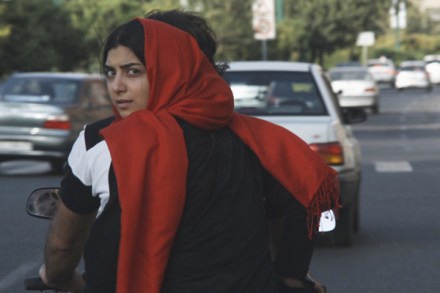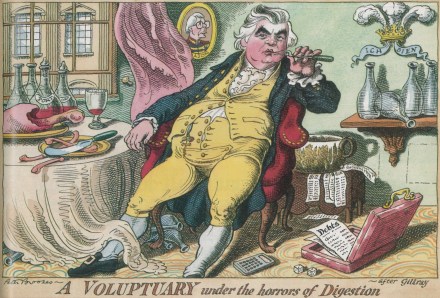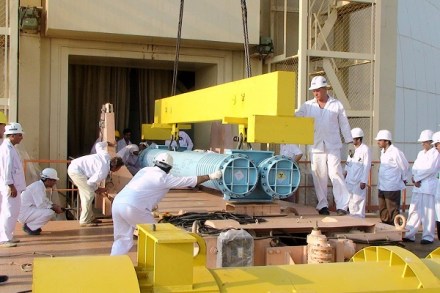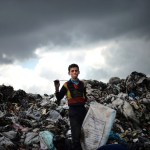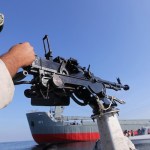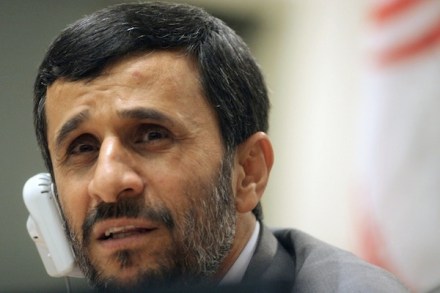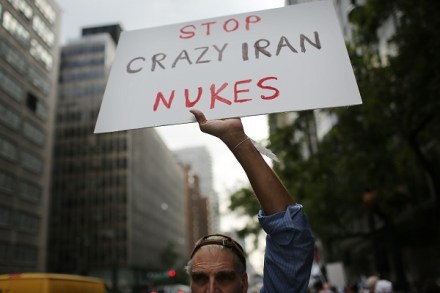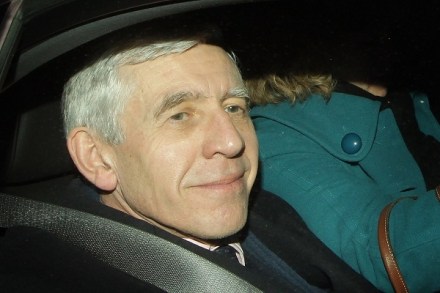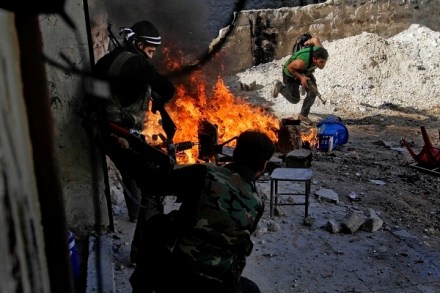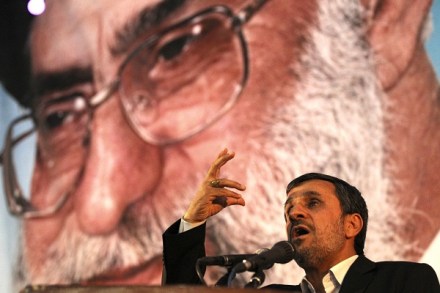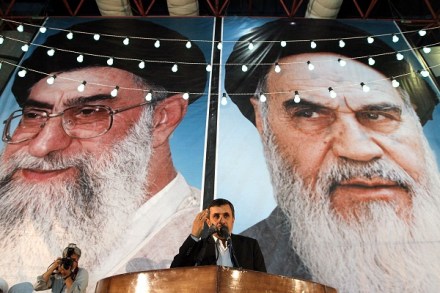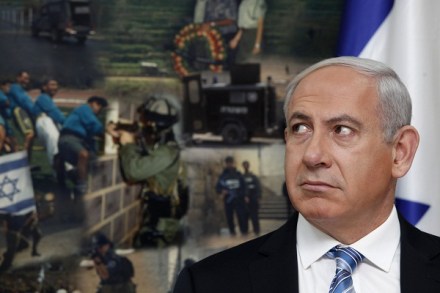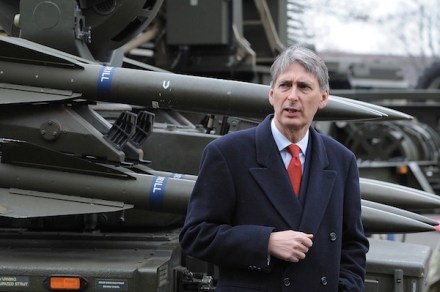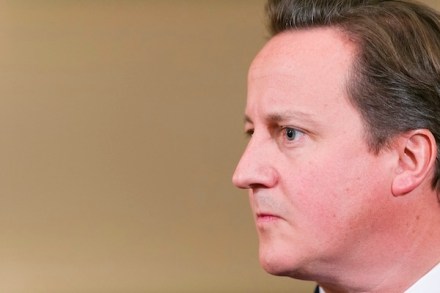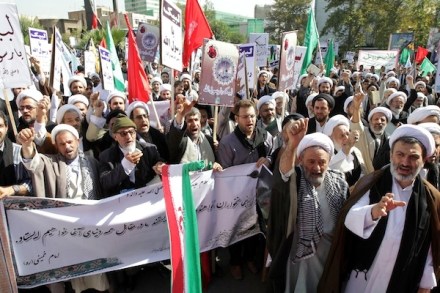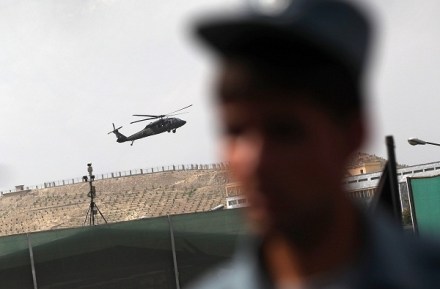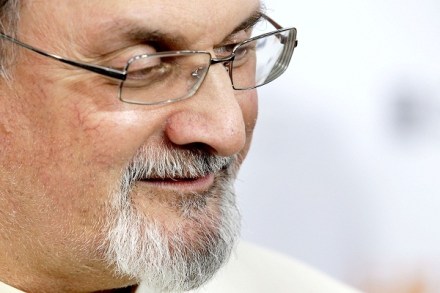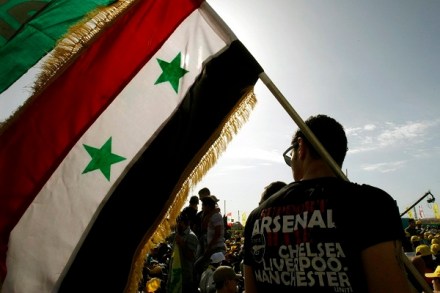Review: Stir yourself — I am Nasrine is far from an Earnestly Grim Wrist Slitter
I Am Nasrine is one of those small, low-budget films showing somewhere awkward on a day and time that probably aren’t ideal but you can’t expect everything in life to be handed to you on a plate, and it’s worth the effort, if you can stir yourself sufficiently. (Can you? Most people I asked said you couldn’t, but I believe in you, as I always have.) Its writer-director, Tina Gharavi, who is Iranian-born but is now a lecturer in Digital Media at Newcastle University, was nominated for a Bafta for most outstanding debut, and although it is one of those films about the immigration experience, and a young woman who
